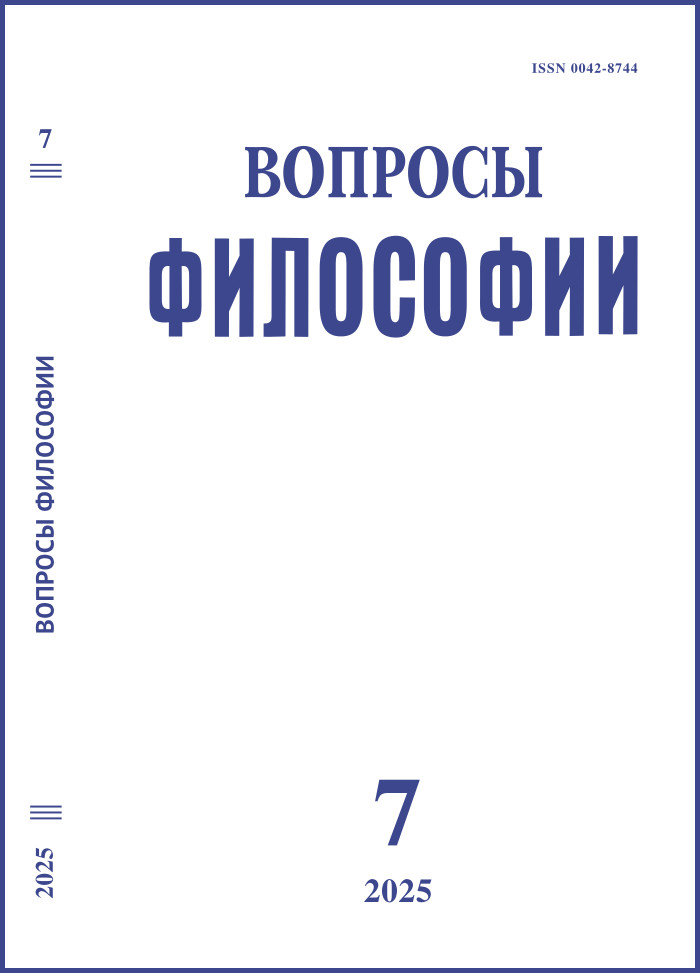Buddhist Thought in Ancient Java According to the Saṅ Hyaṅ Kamahāyānikan: Introductory Remarks
DOI:
https://doi.org/10.21146/0042-8744-2025-7-170-181Keywords:
Buddhism, Ancient Java, Sang Hyang Kamahayanikan, translation, path to enlightenment, perfection, contemplation, history of thoughtAbstract
Buddhist thought in ancient Java remains understudied and little known, despite the preservation of Buddhist writings. The article attempts to shed light on the content of the bilingual treatise Saṅ Hyaṅ Kamahāyānikan, which has survived in three manuscripts of the Lombok collection (M.S. Or. 5068, 5083, 5129 of the Leiden University). The treatise is a Sanskrit-Old Javanese text that comments on and develops the provisions of Sanskrit mantras in the Old Javanese language. The article discusses various manuscripts of the treatise, their origin and characteristics, as well as the problem of dating the original text (Ur-text). There are Buddhist and Shaiva versions of Saṅ Hyaṅ Kamahāyānikan. Its Buddhist version describes the path to enlightenment, which includes four stages: mahāmārga “the great path”, paramamārga “the highest path”, mahāguhya “the great secret” and paramaguhya “the highest secret”. The article proposes an interpretation of technical terms and concepts such as pāramitā ‘perfection’, mahābodhi ‘enlightenment’, yoga and bhāvanā ‘meditation’. The article also
examines the history of the study and translation of Saṅ Hyaṅ Kamahāyānikan. The six perfections ṣaṭpāramitā – dāna, śīla, kṣānti, vīryya, dhyāna and prajñā – can be translated as ‘donation/generosity, good conduct/virtue, patience, vigor/diligence, contemplation/meditation and true wisdom’. The four perfections caturpāramitā – maitrī, karuṇā, muditā, upekṣā – are benevolence, compassion, joy and equanimity. The Sanskrit verse maitri Locanā vijñeyā Māmakī karuṇā matā | muditā Pāṇḍaravāsi upekṣā Tārā ucyate may be translated as “Locanā is known by benevolence, Māmakī is known by compassion, Pāṇḍaravāsinī by joy, Tārā is known by equanimity”. Saṅ Hyaṅ Kamahāyānikan conveys complex esoteric knowledge of Buddhists, being a text for disciples, simplifying its Sanskrit concepts in accordance with Old Javanese ideas.

